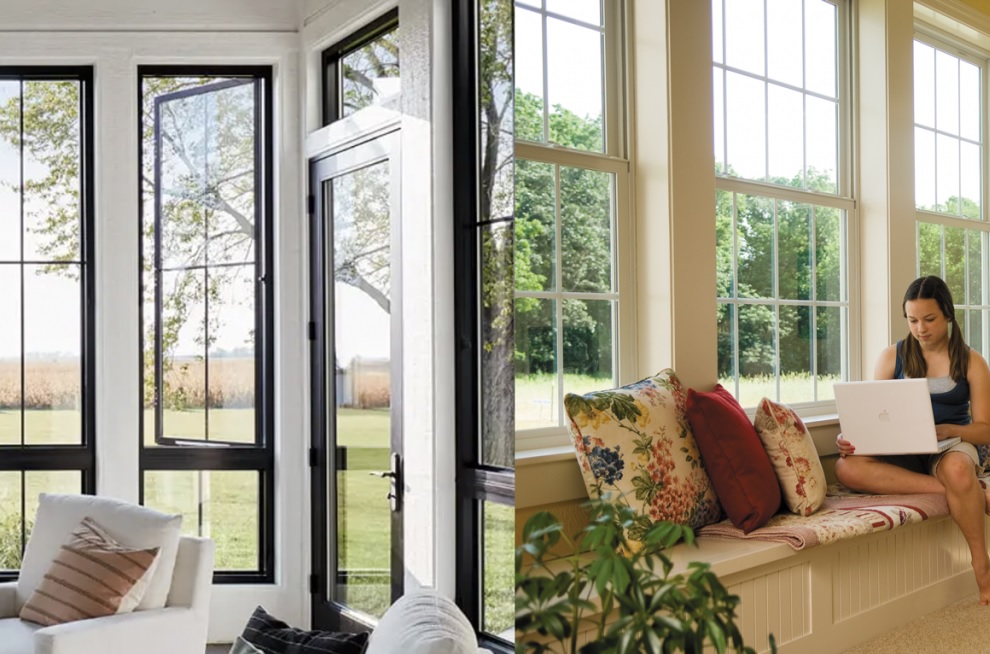Modern culture is so tied to the internet that even RV owners are no longer content to be disconnected for any length of time. Even when they are out camping, they still want access to their streaming services, social media pages, email, and news. Some of them absolutely cannot go without because they work online while they travel. What is interesting is how RV owners actually get their internet access.
Internet access is theoretically not a problem when RV owners park in a public campground. It becomes a bigger problem when they decide to boondock. And if boondocking takes an RVer into the middle of nowhere, you are looking at a potentially serious rural internet problem.
So, how do RV owners get their internet access? Here are three possibilities, compliments of Houston-based Blazing Hog:
1. Campground Wi-Fi
Public campgrounds are a lot like hotels in that they try to offer as many amenities as they can to attract customers. These days, wi-fi is an amenity found at a growing number of campgrounds. RV owners just pull up, park their rigs, and log on to the wi-fi network using a password provided by the campground.
While this may seem like the easiest solution, it is not always the best solution. Campground wi-fi suffers from a variety of problems including heavy traffic, dropped connections, noticeable latency, etc. And of course, a public wi-fi network is not necessarily the most secure.
2. Satellite Internet
An RV owner unwilling to be tied to campground wi-fi might choose to get their internet access through a satellite provider. There are generally two options in this regard. The first is to buy an all-inclusive package that includes both satellite TV and internet. The other is to purchase an internet-only package.
Satellite internet is more reliable than campground wi-fi because you are not sharing your connection with hundreds of other people. However, it doesn’t do well in bad weather. Depending on location, you might also experience signal dropouts from time to time.
3. Cellular internet
A third option is cellular internet. It is the option that Blazing Hog offers. Blazing Hog is a rural internet provider whose customers get online by way of a 4G modem/router that sends and receives data over existing cellular networks. Companies that offer this service claim comparably fast speeds anywhere 4G technology is available.
In the absence of 4G rural internet, RV owners can use their smartphones or mobile hotspots. Most cell phones can be turned into internet hotspots just by flipping a software switch. Of course, a customer’s data plan must include hotspot capabilities. If not, tech savvy RV owners can tether their computers and tablets to their cell phones with a mobile app and still accomplish the same thing.
As for mobile hotspots, they are similar to cell phones in their ability to give you online access. They tend to be rather small devices with limited power and capabilities. In some cases, hotspots are limited enough that you would not try streaming a full-length movie with one.
Combining All Three
An RV owner doesn’t necessarily have to choose one of three options. There are those who combine all three, maximizing their options no matter where they decide to camp. When campground wi-fi works, great. They save data. When it doesn’t, they flip on the satellite dish or fire up the 4G modem.
Now you know how RV owners get their internet access. Thanks to modern technology, they do not have to be disconnected when they hit the road. Come to think of it, are they actually camping when they have all the conveniences of home?





